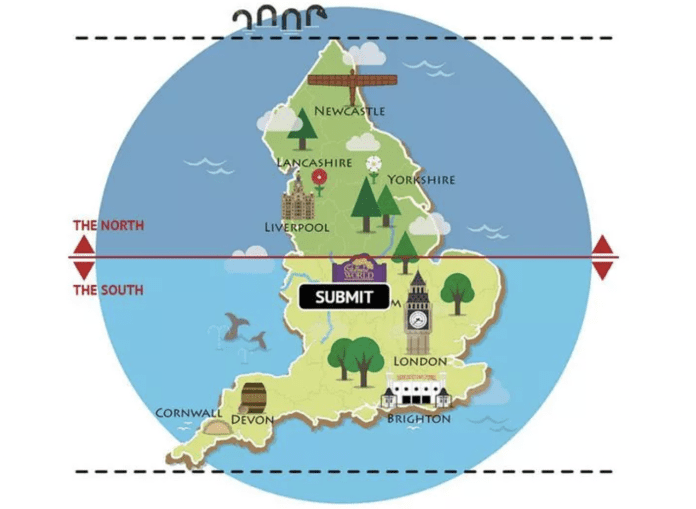The United Kingdom’s commitment to recycling and sustainability has sparked a regional debate, revealing a divide between the North and South.
This division not only highlights differences in recycling rates but also underscores the varied challenges and opportunities faced by local authorities across the country. Drawing on insights from environmental studies and reports, this article explores the nuances of the recycling debate between Northern and Southern regions, aiming to shed light on how the UK can bridge this gap and foster a more unified approach to recycling.
Understanding the Divide
Recent studies, including those from industry experts have pointed to a distinct North-South divide in terms of recycling performance. Southern regions, particularly in and around London, hence why London Skip Hire companies are now starting to reap the reward. The studies often report higher recycling rates compared to their Northern counterparts. This discrepancy raises questions about the factors contributing to such a divide and what can be done to address it.
Factors Contributing to the Divide
- Resources and Funding: One of the primary factors is the disparity in resources and funding available to local authorities. Southern regions often have greater access to recycling facilities and infrastructure, partly due to higher population densities and economic advantages.
- Public Awareness and Education: Differences in public awareness and educational efforts regarding recycling can also influence recycling rates. Regions that invest more in community engagement and educational campaigns tend to see higher levels of participation in recycling programs.
- Geographical Challenges: The geographical layout and urbanization levels of regions can affect the efficiency and cost-effectiveness of recycling collection services, with rural areas facing more significant challenges.
Bridging the Gap
Addressing the North-South recycling divide requires a multifaceted approach, focusing on equalizing resources, enhancing public awareness, and tailoring strategies to local needs.
Enhancing Resources and Infrastructure
Ensuring that all regions have adequate access to recycling facilities and infrastructure is crucial. This may involve increased funding from both governmental and private sectors, aimed at developing more comprehensive and accessible recycling programs across the UK.
Boosting Public Awareness and Participation
Public education and awareness campaigns play a vital role in increasing recycling rates. Tailoring these campaigns to address specific regional challenges and cultural nuances can help boost participation and support for recycling initiatives.
Adapting Strategies to Local Needs
Recognizing the unique challenges faced by different regions is key to developing effective recycling strategies. This means considering geographical, economic, and social factors in the planning and implementation of recycling programs, ensuring they are adapted to meet local needs.
The recycling debate between the North and South of the UK underscores the need for a more unified and equitable approach to sustainability and waste management. By addressing the underlying factors contributing to the divide, fostering greater collaboration between regions, and tailoring strategies to local contexts, the UK can move towards closing the recycling gap. Ultimately, achieving higher and more consistent recycling rates across the country requires collective effort, innovation, and a commitment to environmental stewardship.





